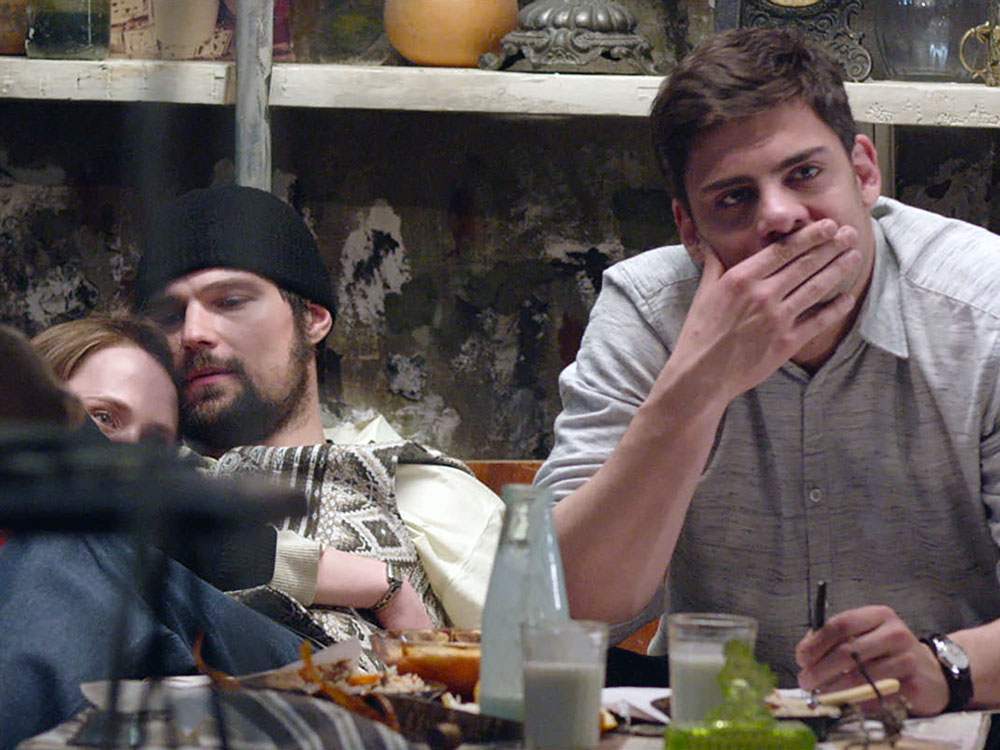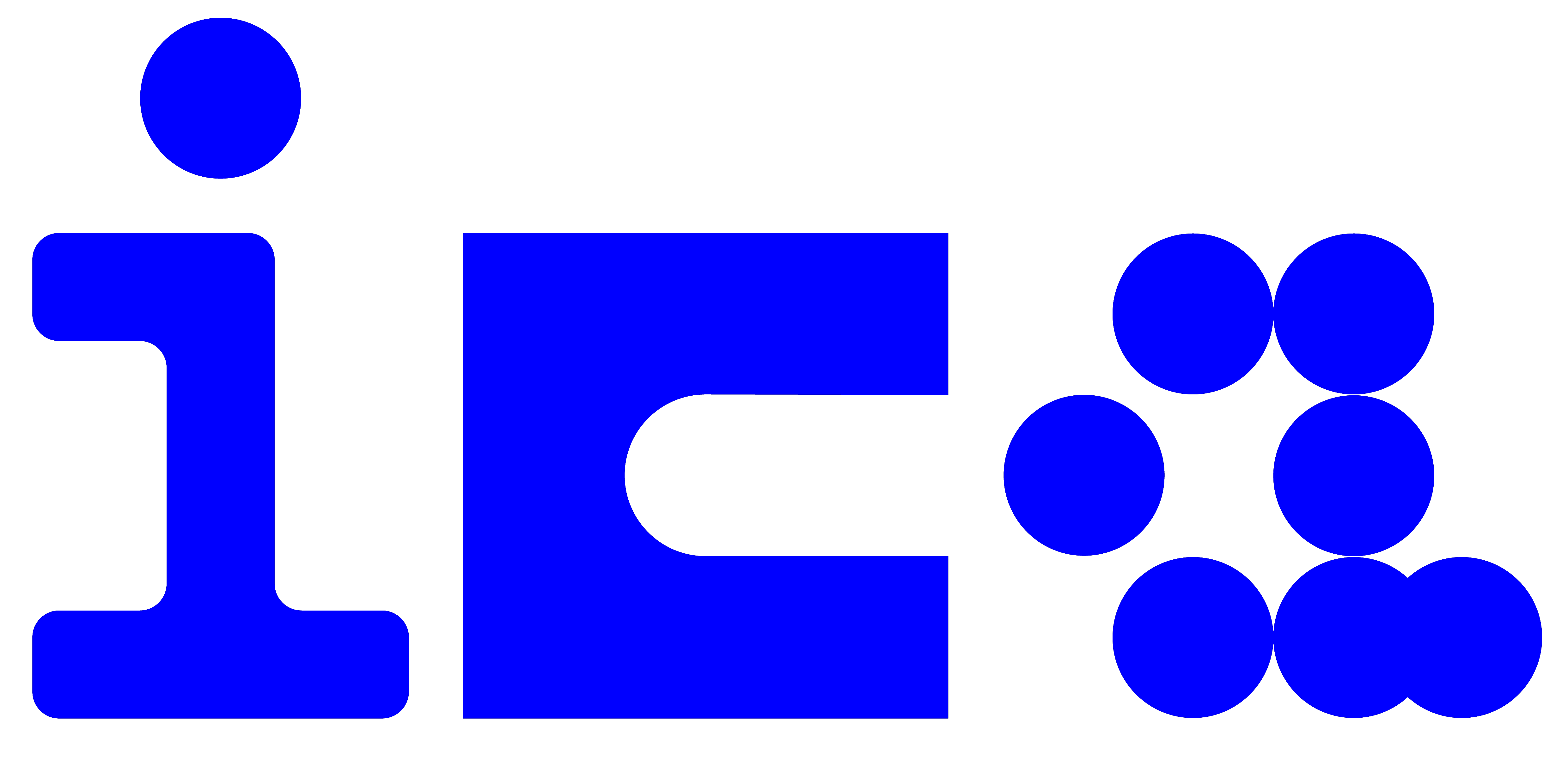ICA is closed from the 30 May – 3 June inclusive.
Aurélia Steiner (Melbourne), dir. Marguerite Duras, 1979
With Aurélia, I rediscover writing. Aurélia is everywhere, writing from everywhere all at once. After Aurélia Steiner, I can no longer write, I have lost writing. If I don’t talk to this survivor, I will lose writing completely. And, if she’s not there, present all the time, day and night, preventing me from seeing anything other than her, anything else, anything, then nothing happens. I don’t write. I stayed locked up for a month and a half with Aurélia. I’d get up, I’d see Aurélia’s sea, her eyes, I’d see Vancouver, I’d see that the sea was screaming Aurélia’s screams and sleeping Aurélia’s sleep.
Next to the phenomenal power of Aurélia Steiner, cinema is nothing. Aurélia Steiner (Vancouver) was an impossible film. It was made. The film is admirable because it doesn’t try to remedy its impossibility. It escorts this impossibility, walks alongside it.
Aurélia Steiner (Melbourne) and Aurélia Steiner (Vancouver) are a pair of short films, made – as with Césarée and Les mains négatives – using rushes originally shot for Le Navire Night. The traumatic testimony of Aurélia Steiner – a fictional Jewish girl born in a concentration camp, and now living as part of the diaspora – captured in her letters and voiced by Duras, provides the soundtracks to both films, and the accompanying images of Paris comprise, in Duras’s words: “a Seine that was full in the totality of its volume. And then, at random, whatever went by, whatever presented itself: palaces, the Eiffel Tower, the Louvre, the Notre-Dame, stars, guitars, screams, riverbanks, roads, evening, lights.”
Next to the phenomenal power of Aurélia Steiner, cinema is nothing. Aurélia Steiner (Vancouver) was an impossible film. It was made. The film is admirable because it doesn’t try to remedy its impossibility. It escorts this impossibility, walks alongside it.
Aurélia Steiner (Melbourne) and Aurélia Steiner (Vancouver) are a pair of short films, made – as with Césarée and Les mains négatives – using rushes originally shot for Le Navire Night. The traumatic testimony of Aurélia Steiner – a fictional Jewish girl born in a concentration camp, and now living as part of the diaspora – captured in her letters and voiced by Duras, provides the soundtracks to both films, and the accompanying images of Paris comprise, in Duras’s words: “a Seine that was full in the totality of its volume. And then, at random, whatever went by, whatever presented itself: palaces, the Eiffel Tower, the Louvre, the Notre-Dame, stars, guitars, screams, riverbanks, roads, evening, lights.”
07:00 pm
Sat, 17 Aug 2024
Cinema 1
Ticket information
- All tickets that do not require ID (full price, disabled, income support) can be printed at home or stored in email
- For aged-based concession tickets (under 25, student) please bring relevant ID to collect at the front desk before the event.
Access information
Cinema 1
- Both our Cinemas have step free access from The Mall and are accessible by ramp
- We have 1 wheelchair allocated space with a seat for a companion
- All seats are hard back, have a crushed velvet feel and they do not recline
- These are our seat size dimensions: W 42 x D 45 x H 52
- Arm rest either side of the seat dimensions: L 27 x W 7 x H 20
for the following requirements:
- We have unassigned seating. If you require a specific seat, please reserve this in advance
- Free for visitors where ticket prices are a barrier, please email
All films are ad-free and 18+ unless otherwise stated, and start with a 10 min. curated selection of trailers.
Members+ and all Patrons gain free entry to all cinema screenings, exhibitions, talks, and more.
Join today as a Member+ for £25/month.











no. 236848.